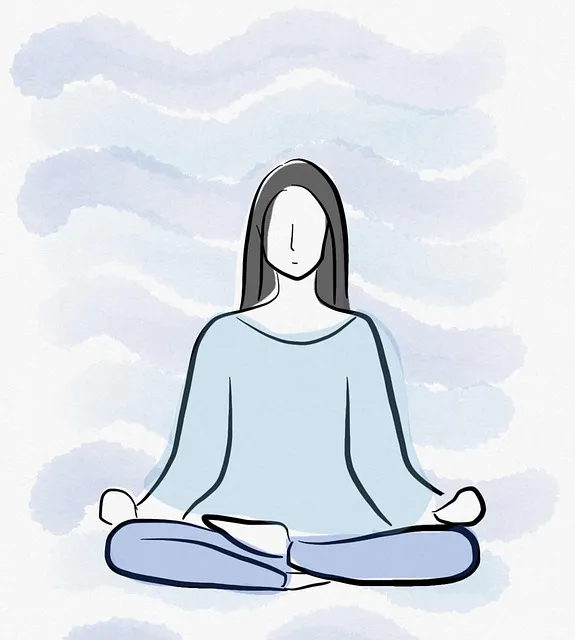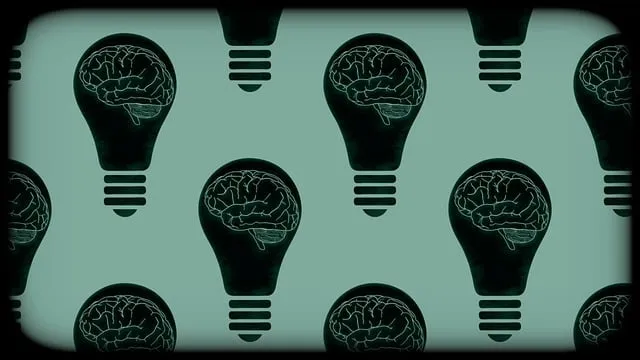The Kaiser Permanente mental health center in Golden emphasizes a holistic approach to stress reduction, addressing its multifaceted origins from daily pressures to relationships. They offer personalized guidance using evidence-based practices with cultural sensitivity, including mindfulness exercises, mood tracking journaling, and relaxation strategies. This comprehensive method enables clients to manage current stress, cultivate long-term mental wellness, and build resilient social support networks through proper nutrition, exercise, sleep, and compassion cultivation.
Stress reduction is an essential aspect of maintaining overall well-being, and the Kaiser Permanente Mental Health Center Golden offers valuable insights into effective strategies. This article explores comprehensive methods to alleviate stress, from understanding its impact and causes to practical techniques like mindfulness and lifestyle adjustments. Discover how nutrition, exercise, sleep, and social support play crucial roles in managing stress, drawing from the center’s innovative approach for a healthier, calmer life.
- Understanding Stress: Unraveling the Impact and Causes
- The Kaiser Permanente Mental Health Center Golden Approach to Stress Reduction
- Mindfulness Techniques: A Powerful Tool for Calming Minds
- Lifestyle Adjustments: Nutrition, Exercise, and Sleep for Stress Management
- Social Support and Relaxation Strategies: Building a Resilient Network
Understanding Stress: Unraveling the Impact and Causes

Stress is a prevalent and complex experience that can stem from various sources, affecting individuals’ mental and physical well-being. The Kaiser Permanente mental health center in Golden emphasizes that understanding stress involves recognizing its multifaceted nature. Everyday demands, work pressures, financial worries, or personal relationships can all contribute to heightened stress levels. This impact can be acute, leading to increased anxiety, depression, or even chronic health issues if left unaddressed.
Identifying the causes of stress is a crucial first step in implementing effective stress reduction methods. The Kaiser Permanente mental health center Golden suggests that recognizing triggers and patterns allows individuals to develop tailored self-care practices and compassion cultivation practices. By adopting these strategies, one can navigate life’s challenges more effectively, fostering resilience and overall well-being.
The Kaiser Permanente Mental Health Center Golden Approach to Stress Reduction

The Kaiser Permanente Mental Health Center Golden takes a holistic approach to stress reduction, focusing on both physical and emotional well-being. Their method emphasizes the interconnectedness of mind and body, recognizing that stress can manifest in various ways. By integrating evidence-based practices with a deep sense of cultural sensitivity in mental healthcare, they offer tailored guidance for each individual’s unique journey towards mental wellness.
This approach includes a range of techniques such as mindfulness exercises, journaling prompts to track mood and thoughts, and relaxation strategies designed to combat the physical symptoms of stress. The center encourages individuals to explore their emotional responses, understand their triggers, and develop effective coping mechanisms that cater to their personal needs. This comprehensive method ensures that clients not only manage their current stress levels but also gain valuable tools for long-term mental wellness.
Mindfulness Techniques: A Powerful Tool for Calming Minds

Mindfulness techniques have emerged as a powerful tool in the arsenal of Kaiser Permanente mental health centers in Golden, offering individuals an effective way to calm and refocus their minds. These practices, often incorporated into Emotional Well-being Promotion Techniques, encourage people to stay present and non-judgmentally aware of their thoughts and feelings. By cultivating mindfulness, individuals can enhance their ability to manage stress, reduce anxiety, and improve overall mental health.
The benefits of mindfulness are well-documented in both clinical settings and everyday life. Incorporating these techniques into one’s routine can foster a sense of balance and resilience. Kaiser Permanente’s approach to mental healthcare reflects the importance of cultural competency training for healthcare providers, ensuring that services are accessible and tailored to diverse needs. This holistic perspective on wellness underscores the value of mindfulness as a foundational practice in promoting emotional well-being and addressing potential mental health concerns through risk assessment.
Lifestyle Adjustments: Nutrition, Exercise, and Sleep for Stress Management

At the Kaiser Permanente mental health center Golden, experts emphasize that incorporating lifestyle adjustments like proper nutrition, regular exercise, and adequate sleep are essential stress reduction methods. A balanced diet rich in fruits, vegetables, whole grains, and lean proteins can significantly impact an individual’s ability to manage stress. Similarly, engaging in physical activity not only improves cardiovascular health but also releases endorphins, which act as natural mood lifters.
Adequate sleep is another cornerstone of stress management. Lack of sleep can exacerbate stress levels and negatively affect overall mental well-being. Establishing a consistent sleep schedule, creating a relaxing bedtime routine, and optimizing your sleeping environment are coping skills development strategies that can be cultivated to enhance stress reduction methods. These lifestyle changes, coupled with compassion cultivation practices, can lead to profound improvements in managing and reducing stress.
Social Support and Relaxation Strategies: Building a Resilient Network

Building a strong social support network is an essential aspect of stress reduction and promoting mental well-being. The Kaiser Permanente mental health center in Golden emphasizes the power of connections when it comes to managing stress effectively. Surrounding yourself with a resilient network of friends, family, or even support groups can significantly impact your ability to cope with life’s challenges. These relationships provide a safe space to share feelings, offer different perspectives, and serve as a source of comfort during stressful times.
Relaxation strategies often involve skills learned through social interactions and shared practices. The center encourages individuals to explore various techniques such as mindfulness, deep breathing exercises, or even conflict resolution techniques within their support circles. By fostering empathy building strategies among peers, one can create a supportive environment that enhances overall mental health. Additionally, risk assessment for mental health professionals is crucial in recognizing and addressing stress-related issues among clients, ensuring the delivery of effective care.
Stress reduction is a multifaceted journey, and by combining the insights from mental health professionals like the Kaiser Permanente Mental Health Center’s Golden approach with proven techniques like mindfulness and lifestyle adjustments, individuals can effectively navigate and manage stress. Embracing social support and relaxation strategies further enhances this process, fostering resilience and promoting overall well-being. Remember that stress reduction is a personal journey, and what works best varies from person to person.






